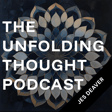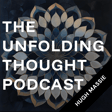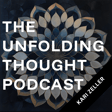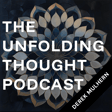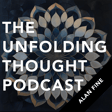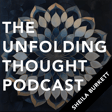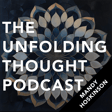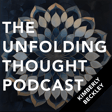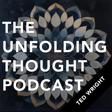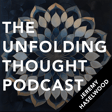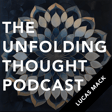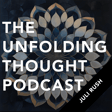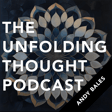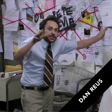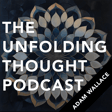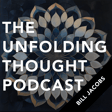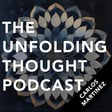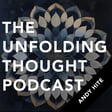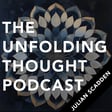
12–Kevin Hughes – Branding Athletes and Rewriting the Rules of Sports Marketing
In this episode of The Unfolding Thought Podcast, Kevin Hughes, founder of Walker/Miles, dives into the seismic shifts in athlete branding and sports marketing in the Name, Image, and Likeness (NIL) era. Drawing on a career that spans professional basketball, HR, and creative leadership—including as the Minnesota Twins’ creative director—Kevin offers a unique perspective on navigating the intersection of storytelling, strategy, and innovation.
Kevin reveals the essential role of authenticity and adaptability in building impactful brands, from young athletes to established professionals. He shares how NIL is disrupting traditional pathways in sports, creating opportunities for athletes to take control of their narratives, and how universities can adapt to this new reality.
Tune in to hear Kevin’s insights on the power of story, the lessons he’s learned from working with world-class athletes, and what it takes to thrive in an industry where the rules are constantly evolving.
Mentioned in the Episode:
- The role of branding and storytelling in professional sports and collegiate programs.
- Insights into how the NIL era is reshaping the athlete-brand relationship.
- Lessons from Kevin’s time as creative director for the Minnesota Twins.
Links:
Connect with Kevin Hughes:
- Walker/Miles: http://walker-miles.com
- LinkedIn: https://www.linkedin.com/in/kevinhughesbranding/
Join the Conversation:
Have thoughts about this episode? Share them with us on social media, by leaving a review, emailing Eric at Eric@inboundandagile.com, or by visiting the website at https://unfoldingthought.com.
